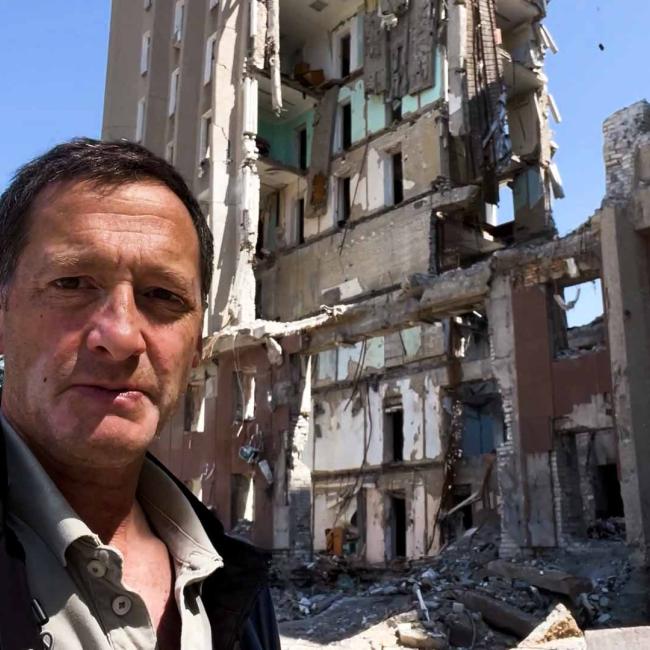Anthony Borden
IWPR Executive Director
US & NL Governance Committees; Finance Committee; Nominations Committee
IWPR Executive Director
US & NL Governance Committees; Finance Committee; Nominations Committee
Tony is the founder of the Institute for War & Peace Reporting. He was editor of the highly regarded IWPR magazine War Report from 1991-98 and was commended for the “Best Online Journalism Service” in the 1999 NetMedia journalism awards, for IWPR's reporting on the Kosovo crisis. He has worked with the UK's Department for International Development assessing media programs in post-communist countries. He has received a MacArthur Foundation NGO research fellowship to study media and conflict at King’s College, London. He has worked as an editor and writer for Harper's, The Nation, The American Lawyer and HarperCollins, and contributed to The Atlantic, The New York Times, The Washington Post, The Guardian, Newsweek, The International Herald Tribune and numerous other publications. He comments regularly on conflict and media issues for the BBC, CNN and other media. Tony is a member of the Council on Foreign Relations.
 Reporting from Ukraine by IWPR founder and executive director. |
|---|
Historic trial of Slobodan Milosevic begins with the prosecution describing his alleged crimes as "medieval savagery".
Two old colleagues bridge Macedonia's ethnic divide to engage in a frank dialogue, and find that peace is possible - just.
Slobodan Milosevic surrenders to police, ending a tense stand-off at his residence in Belgrade
The arrest of Miroslav Filipovic came as part of a concerted campaign by the authorities to brand all independent journalists foreign mercenaries and spies
The Mitrovica violence has raised serious questions about the international community's administration of Kosovo.
The Serbs must be invited to "share the risks of building a future democracy" in Kosovo, says the province's top independent journalist, Veton Surroi. (BCR No 50, 23-Jun-99)
Skopje appears to have accepted that it must recognise the political role of the KLA.
Belgrade has accepted defeat over Kosovo. Now it is playing for the domestic propaganda - rebuilding political alliances, and securing Milosevic's position in power.
As the high-stakes effort to get agreement from Belgrade and the KLA continued, so did the war.
The clearest loss from Rambouillet is international credibility. The fragile consensus on the NATO deadline may not be reassembled in March. If Milosevic didn't agree at Rambouillet, what could possibly compel him to agree a few weeks later?
